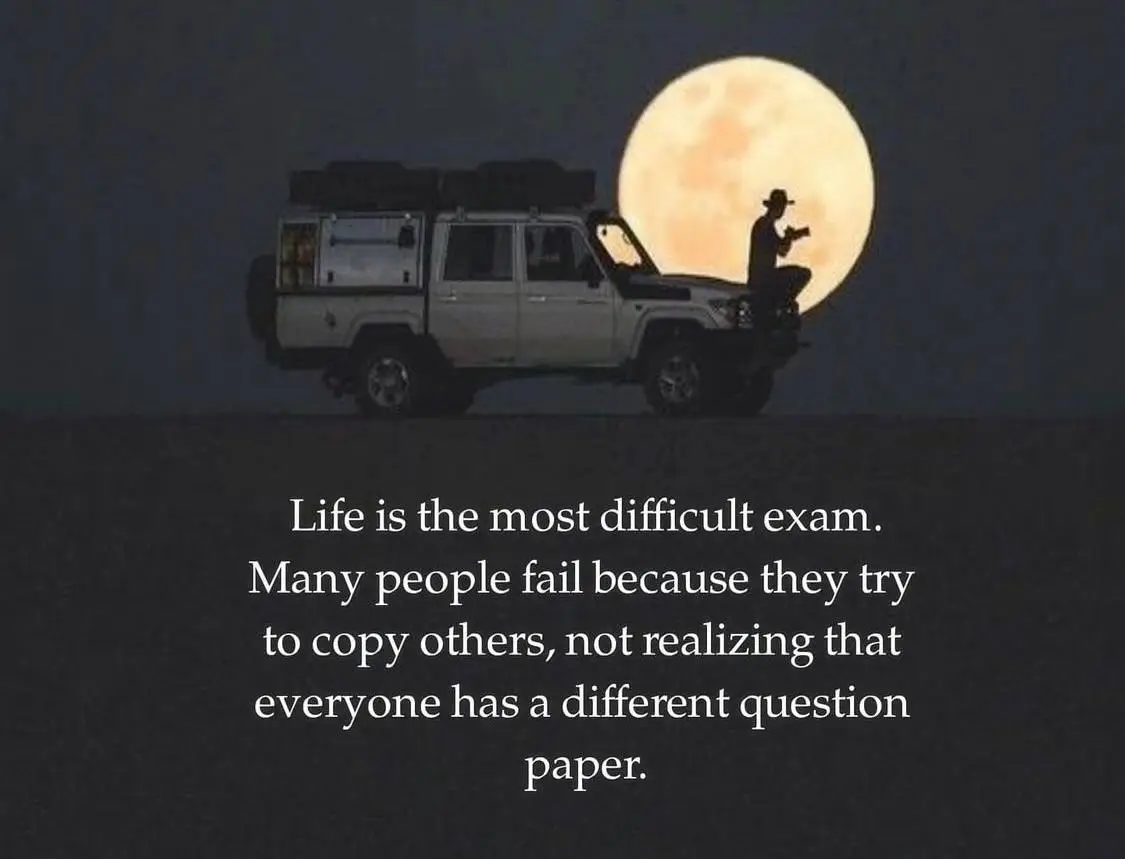ceallar
Region: US
Thursday 18 May 2023 23:48:41 GMT
18127070
2153337
11781
306386
Music
Download
Comments
trevorvaldez11 :
About time science caught up with him
2023-05-19 03:29:17
65365
DevotedFoxes (🇮🇩) :
I wasnt ready for that 💀
2023-05-19 12:32:28
38816
kevin Chappel :
about damn time
2023-05-19 09:18:22
14379
Apple Tree :
Why do people hate Neil so much?
2023-05-19 16:56:32
728
HolyNonsequiter :
he definitely flinched that time.🤣🤣🤣
2023-05-19 01:38:17
13376
user4786576197540 :
finally he stopped talking
2023-05-19 04:00:59
781
FerretFather2000 :
lol Gotta love his humor
2023-05-19 01:31:53
7695
⳩ ن Ⲃⲁ𝛓ⲉⲇ ⲧⲍⲁⲅⲓ𝛓ⲧ ن ⳩ :
The swinging ball be like : “and I took that personally”
2023-05-19 23:15:27
3181
Mark :
🤣🤣🤣 was NOT expecting that
2023-05-19 05:34:28
6527
Jack The Digga :
Science 1:0 Neil Degrasse
2023-05-19 17:36:35
1929
Kanra :
I’m dead 😂😂😂😂😂
2023-05-19 06:46:45
423
AprilApollo and 5,789 others :
I flinched somehow 😭
2023-05-19 06:01:59
967
BATES :
I heard a science teacher was trying to demonstrate that to a student and the girl moved slightly forward and he got fired
2023-05-19 23:07:40
320
lionallahuakbar :
The bowling ball: ”You don't gonna dodge this time😈”
2023-05-19 19:06:27
179
Ryusuke Shōryū ⚛️ :
Why do you guys hate Neil so much
2025-07-20 12:10:08
8
Φ :
Someone is Evil for pushing the bowling ball 😭
2025-06-18 09:03:02
99
Kevin Pierce318 :
now do one with Bill Nye The satanic guy.
2023-06-30 12:14:47
377
bobtailin :
finally😁😁😁😁
2023-05-19 12:15:44
73
Jason Welard :
And then he gets forced to flinch
2023-06-03 01:17:42
47
bridgetvansciver4 :
what a great sense of humor
2023-05-19 00:45:32
148
. :
Ouch.
2023-05-19 18:30:44
32
rucandel :
so why didn't he finch
2023-05-19 18:52:14
10
To see more videos from user @ceallar, please go to the Tikwm
homepage.





![siapa coba yang ga suka😋 [#boboiboyofficial] ||#boboiboy #ejenali #mechamato #boboiboygalaxy ||ib: on tiktok](/video/cover/7561728289660734776.webp)